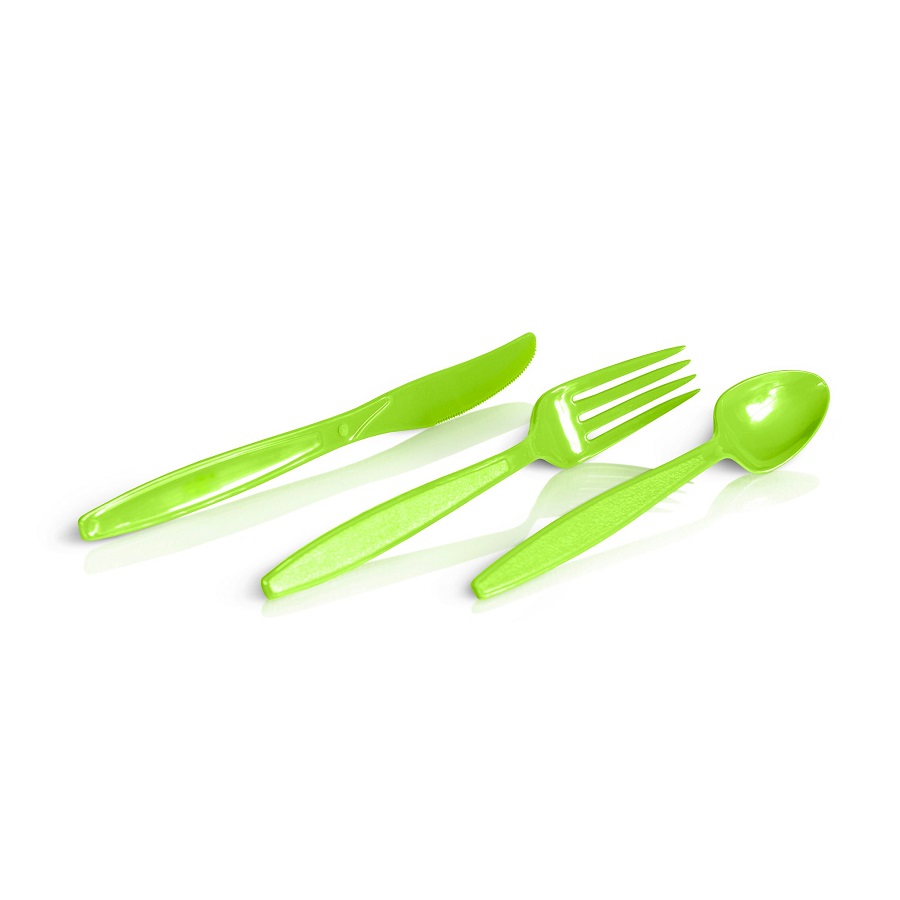 Introduction:
Introduction:
A clean and well-maintained kitchen sink is essential for a healthy and pleasant cooking environment. A kitchen sink cleaner is a valuable tool that helps remove stains, odors, and bacteria buildup, keeping your sink spotless and hygienic. In this article, we will explore the importance of using a kitchen sink cleaner, the types of cleaners available, homemade remedies, and effective cleaning techniques. By understanding these aspects, you can ensure that your kitchen sink remains fresh, clean, and free from harmful pathogens.
Importance of Using a Kitchen Sink Cleaner:
The kitchen sink is a high-traffic area prone to food debris, grease, and other residues that can lead to stains, odors, and bacterial growth.
Regular cleaning with a kitchen sink cleaner helps remove these contaminants, maintaining a clean and hygienic environment for food preparation and cleaning.
Types of Kitchen Sink Cleaners:
Commercial Cleaners: Various commercial kitchen sink cleaners are available in the market, including liquid cleaners, gels, sprays, and powders.
Natural Cleaners: Natural and eco-friendly kitchen sink cleaners utilize ingredients such as baking soda, vinegar, lemon, or essential oils to clean and deodorize the sink.
Homemade Remedies for Kitchen Sink Cleaning:
Baking Soda and Vinegar:
Sprinkle baking soda on the sink’s surface, then pour vinegar over it. Let the mixture sit for a few minutes before scrubbing and rinsing.
Lemon Juice:
Cut a lemon in half and rub it on the sink’s surface, or squeeze the juice onto the sink and let it sit for a few minutes before rinsing.
Salt and Vinegar Paste:
Mix salt and vinegar to create a paste, apply it to the sink, and scrub gently before rinsing.
Effective Cleaning Techniques:
Remove Debris:
Before applying any cleaner, remove food particles, debris, and dishes from the sink.
Pre-soak:
For tough stains and built-up grime, pre-soak the sink by filling it with warm water and adding a kitchen sink cleaner or a natural cleaning solution. Allow it to sit for a few minutes or as recommended by the cleaner’s instructions.
Scrubbing:
Use a soft sponge, scrub brush, or non-abrasive scrub pad to gently scrub the sink’s surface, paying attention to corners, edges, and the drain area.
Rinse Thoroughly:
After scrubbing, rinse the sink with warm water to remove any residue or cleaning solution.
Drying:
To prevent water spots and mineral buildup, dry the sink’s surface with a clean towel or microfiber cloth.
Targeting Specific Sink Materials:
Stainless Steel Sinks:
Use non-abrasive cleaners or homemade remedies to avoid scratching the stainless steel surface.
Porcelain Sinks:
Avoid abrasive cleaners or scrub brushes that can damage or dull the porcelain finish.
Composite Sinks:
Follow the manufacturer’s instructions for cleaning and maintenance, as some composite sinks may require specific cleaners or methods.
Preventive Maintenance:
Regular Cleaning Routine:
Establish a routine for cleaning your kitchen sink. Daily rinsing and weekly deep cleaning can help prevent stains, odors, and bacterial growth.
Avoid Harsh Chemicals:
Avoid using harsh chemicals or abrasive cleaners that can damage the sink’s surface.
Hot Water and Mild Soap:
After each use, rinse the sink with hot water and mild dish soap to remove grease and food residues.
Dealing with Odors:
Lemon or Orange Peels:
Place citrus peels in the sink and run hot water to naturally freshen and deodorize the sink.
Baking Soda:
Sprinkle baking soda in the sink, let it sit for a few hours or overnight, then rinse thoroughly to eliminate odors.
Caring for the Sink’s Drain:
Regular Maintenance:
Clean the sink’s drain regularly by pouring boiling water down it to flush out grease and debris.
Baking Soda and Vinegar:
Occasionally, pour a mixture of baking soda and vinegar down the drain to remove odors and clear any buildup.
Safety Precautions:
When using any kitchen sink cleaner, follow the manufacturer’s instructions and safety guidelines.
Wear gloves to protect your hands from harsh chemicals, especially when using commercial cleaners.
How to Choose the Right Kitchen Sink Cleaner:
Consider the Sink Material:
Different sink materials, such as stainless steel, porcelain, or composite, may have specific cleaning requirements.
Choose a cleaner that is suitable for the material of your sink to avoid damaging the surface.
Type of Cleaner:
Decide whether you prefer a commercial cleaner or a natural remedy.
Commercial cleaners are formulated specifically for cleaning sinks and may offer targeted solutions for different stains and odors.
Natural remedies, such as baking soda or vinegar, can be effective and eco-friendly alternatives.
Cleaning Power:
Look for a cleaner that has strong cleaning power to effectively remove stains, grease, and food residues.
Check the product labels or descriptions to ensure that the cleaner is suitable for tackling common sink contaminants.
Safety and Environmental Considerations:
Consider the safety and environmental impact of the cleaner.
Look for products that are non-toxic, biodegradable, and safe for use in the kitchen.
Avoid cleaners that contain harsh chemicals that may be harmful to you, your family, or the environment.
Ease of Use:
Choose a kitchen sink cleaner that is easy to use and apply.
Consider factors such as spray bottles, squeeze bottles, or convenient packaging to ensure effortless application.
Scent:
Take into account the scent of the cleaner, as it can contribute to the overall freshness of your kitchen.
Select a cleaner with a pleasant scent that you enjoy or one that is fragrance-free if you prefer a neutral smell.
Reviews and Recommendations:
Read customer reviews and seek recommendations from trusted sources to gauge the effectiveness and performance of different kitchen sink cleaners.
Pay attention to feedback regarding stain removal, odor elimination, and overall satisfaction with the product.
Price:
Set a budget for your kitchen sink cleaner purchase and consider the value for money.
Compare prices, sizes, and the effectiveness of different products to find the best option that fits within your budget.
By considering these factors, you can choose the right kitchen sink cleaner that meets your cleaning needs, is safe for use, and helps maintain the cleanliness and hygiene of your sink. Remember to follow the instructions provided by the manufacturer for optimal results and to protect the longevity of your sink. Enjoy a sparkling clean sink that enhances the functionality and aesthetics of your kitchen.
Conclusion:
A kitchen sink cleaner is an essential tool for maintaining a spotless and hygienic sink. By using a suitable cleaner, following effective cleaning techniques, and adopting preventive maintenance measures, you can ensure that your kitchen sink remains clean, fresh, and free from harmful bacteria. Whether using commercial cleaners or natural remedies, regular cleaning and care will help extend the lifespan of your sink while providing a clean and pleasant environment for your daily cooking and cleaning tasks. Embrace the importance of kitchen sink cleanliness and enjoy a functional and inviting culinary space.







